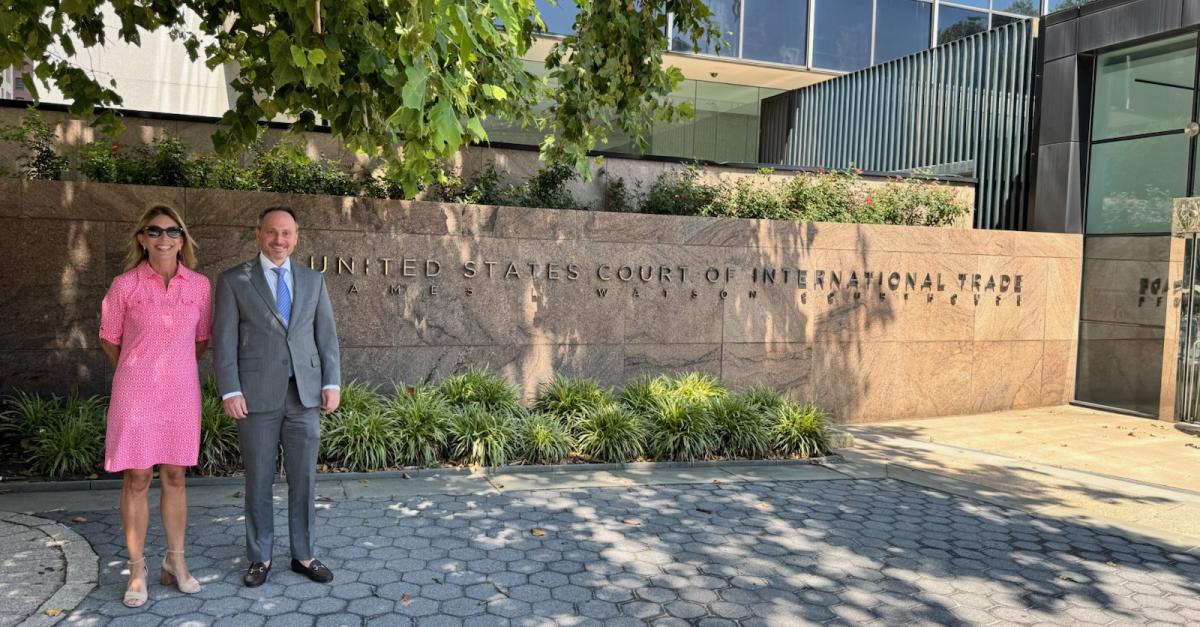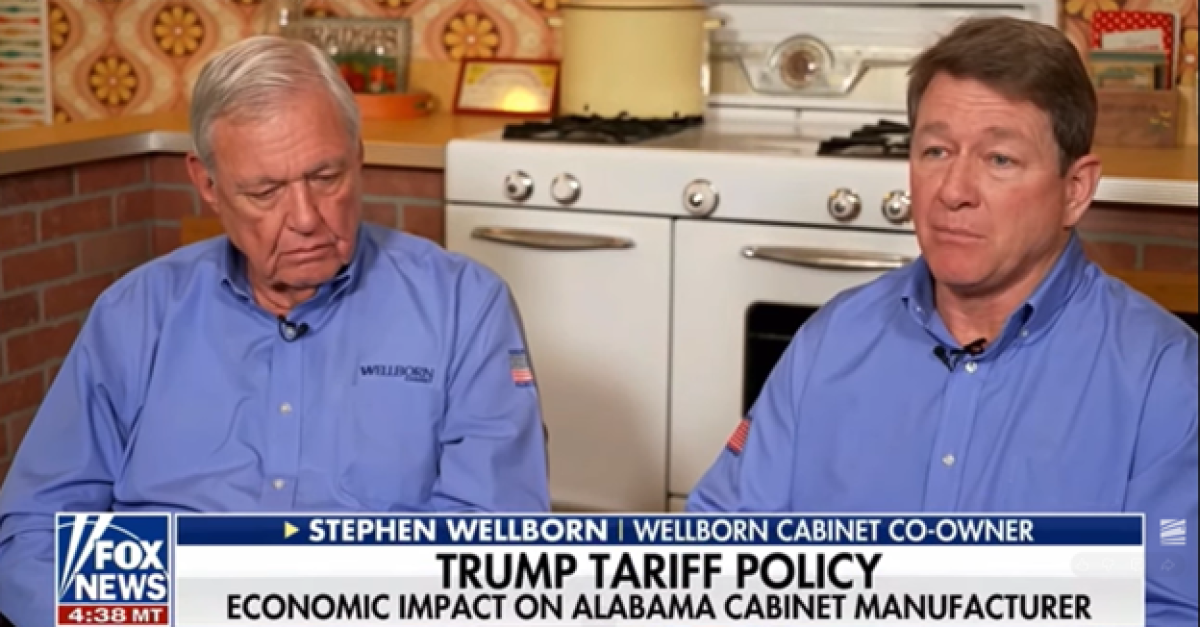On Tuesday July 22, 2025, the KCMA presented oral argument, Judge Wang presiding, to the Court of International Trade in its case involving evasion by Valleywood/Scioto. This proceeding was a the second hearing in the case where KCMA asserted that the above companies participated in a sophisticated transshipment scheme. KCMA claimed that the cabinets imported into the US by Valleywood/Scioto were not manufactured in Malaysia but rather transshipped from China. U.S. Customs and Border Protection (“Customs”) initially agreed that the cabinets were transshipped but then reversed itself through an internal agency review process. KCMA challenged this reversal through the court system, and Judge Wang sent the case back to Customs to reconsider its erroneous reversal.
After being instructed to reconsider the case by Judge Wang, Customs returned an affirmative determination of evasion. The evidence presented was based on three aspects of the alleged transshipment scheme.
- That the investigative team from Customs discovered an undisclosed warehouse owned by the Malaysian supplier that included a mix of cabinets (flat packs) marked “China,” others marked “Malaysia” and finally flat packs that had no Country of Origin (COO). As a result, Customs had no way to verify the COO of the cabinets that were shipped into the US.
- Numerous records on COO were deleted or not provided to the CBP investigators.
- Valleywood/Scioto and its Malaysian supplier are both owned by Haiyan, a Chinese company that is known to engage in transshipment operations.
Luke Meisner, from the law firm of Schagrin Associates, represented the KCMA, and the Department of Justice represented the government in this case CBP. Both did an outstanding job refuting the accusations made by the counsel representing the plaintiffs.
It is difficult to say how Judge Wang will rule on this case. We will report out when the verdict is rendered.



